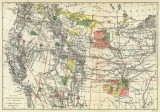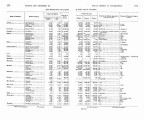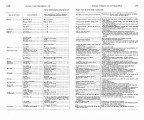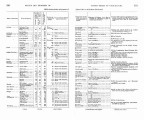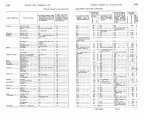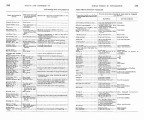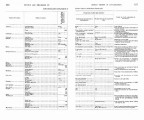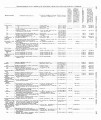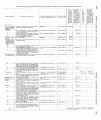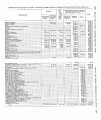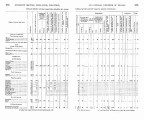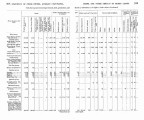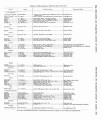| Title |
Annual Report of the Commissioner of Indian Affairs - 1878 |
| Subject |
Indian reservations; Federal government; Indians of North America; Maps; Work; Land use; Allotment of land; Treaties; Agriculture; Timber; Health; Indians of North America--Social life and customs; Water rights; Natural resources; Ute Indians--History; Employment (Economic theory); Livestock; Food; Education; Indians of North America--Education; Indigenous peoples--North America |
| Keywords |
Annual Report; Indian Agency; Reservations; Resources; Land Rights; Indian; White Relations; Native Americans |
| Publisher |
Digitized by J. Willard Marriott Library, University of Utah |
| Tribe |
Ute |
| Language |
eng |
| Description |
Excerpts concerning Utah from the Annual Report of the Commissioner of Indian Affairs - Courtesy of the University of Wisconsin Digital Collections. This report contains a map depicting the western United States. The Commissioner of Indian Affairs discusses consolidation and employment on Indian reservations, land rights, the organization of the Bureau of Indian Affairs, and the "status and progress of Indian tribes under civilization" |
| Type |
Image/StillImage |
| Coverage |
Washington (D.C.) |
| Format |
application/pdf |
| Rights |
 |
| ARK |
ark:/87278/s62c1tqn |
| Creator |
Commissioner of Indian Affairs; Hayt, E. A. (Ezra Ayres), 1823-1902 |
| Date |
1878 |
| Spatial Coverage |
Utah; Washington (D.C.) |
| Setname |
uaida_main |
| ID |
369737 |
| Reference URL |
https://collections.lib.utah.edu/ark:/87278/s62c1tqn |


